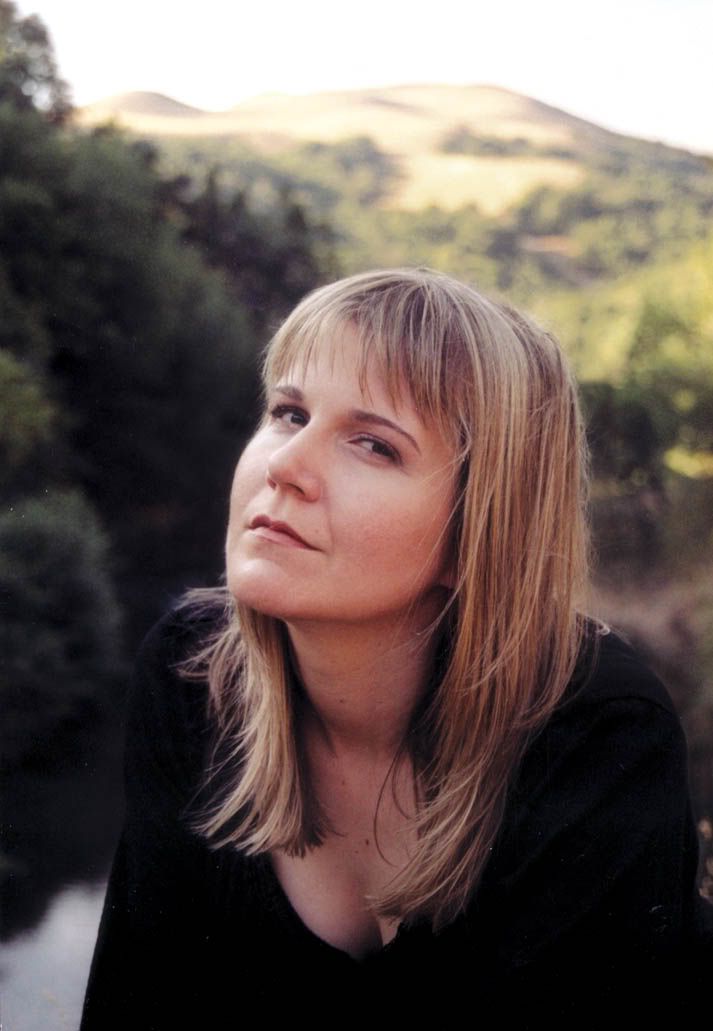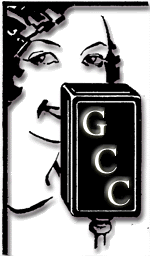Tactical Tuesday~Getting Started
Hurray for Tactical Tuesday! (Yeah, I KNOW it's Wednesday... blame it on the first draft of the new novel that just INSISTED upon being finished yesterday! Whee!)

Frankly, a dull opening scene can kill your novel's chances of getting noticed... by an agent, by an editor, and in the end, by anyone. As I've mentioned elsewhere on this blog, you've got five pages, tops, to sink your hook into the reader.
I'd wager that first scenes in finished books often AREN'T the first scenes that the author wrote. That's because writing itself is the act of discovery. Often, you don't know what your book's ABOUT before you've actually WRITTEN it. First-draft-first-scenes tend to be heavy on the exposition. The pacing tends to be off. You might not even have introduced the main character or characters yet, because somewhere in First Draft Land, secondary characters rose up in revolution and DEMANDED to be major characters! (Not that that's ever happened to ME or anything, cough cough)
Now, your novel doesn't need to open with the discovery of a body washed up on the beach in order to open effectively. (But if it's a murder mystery, I'm pretty sure you want a body somewhere within the first three chapters...) However, no matter the type of book you're writing, the opening scene must ENGAGE the reader.
The major characters will probably make an appearance, although I often see murder mysteries where the detective is NOT the focal character of the opening. (Often it's killer-victim instead; still quite important characters, wouldn't you agree?) If your book's a serious social drama, laugh-out-loud humor probably doesn't belong in the opening... set a tone. And please keep the story moving. Pages and pages of description will probably make your reader yawn. (Though a setting would be nice.) Oh, and those witty, charming bits of dialogue that remind you how smart and clever YOU are, but don't service the plot? Toss 'em. Very important: your opening chapter ought to at least HINT at the major, pressing conflict of the novel.
I'm just finishing up the latest Joyce Carol Oates novel, Missing Mom. And I'll go out on a limb here and say it may be her best novel in YEARS. This book didn't just entertain me, it affected me in a profound and personal way. Anyway. The opening chapter of Missing Mom follows, in its entirety:
Now, that, ladies and gentlemen, is one hell of an opening. True, Oates doesn't explicitly tell us that the novel's protagonist is named Nikki and that she's a thirty-one-year-old rebellious daughter. She doesn't tell us that Nikki has a prissy older sister named Clare. But Oates does show us that the protagonist misses her mother, terribly, even guiltily. And that is what the novel is about. The lack of specifics is more than made up for by the dramatic punch Oates wields with the brevity and universality of the opening. You've got to read this novel. And hey, where's that Pulitzer? (One of the world's great injustices is that Oates has never won, though she's been nominated several times.)
So here's some homework. Pick up five books from your bookshelf and read their opening scenes. Do they introduce the characters? Set a tone and pace? Hint at the big conflict of the novel? Now, pick up the opening chapter of your own novel. Does it do the same? If not, you've got a follow-up assignment....

Getting Started~Crafting Effective Openings
As someone whose novel starts off with a, erm, bang (those of you who've read my book KNEW I wouldn't be able to leave THAT one alone!), I've been looking forward to writing about crafting effective opening scenes for this week's Tactical Tuesday entry.Frankly, a dull opening scene can kill your novel's chances of getting noticed... by an agent, by an editor, and in the end, by anyone. As I've mentioned elsewhere on this blog, you've got five pages, tops, to sink your hook into the reader.
I'd wager that first scenes in finished books often AREN'T the first scenes that the author wrote. That's because writing itself is the act of discovery. Often, you don't know what your book's ABOUT before you've actually WRITTEN it. First-draft-first-scenes tend to be heavy on the exposition. The pacing tends to be off. You might not even have introduced the main character or characters yet, because somewhere in First Draft Land, secondary characters rose up in revolution and DEMANDED to be major characters! (Not that that's ever happened to ME or anything, cough cough)
Now, your novel doesn't need to open with the discovery of a body washed up on the beach in order to open effectively. (But if it's a murder mystery, I'm pretty sure you want a body somewhere within the first three chapters...) However, no matter the type of book you're writing, the opening scene must ENGAGE the reader.
The major characters will probably make an appearance, although I often see murder mysteries where the detective is NOT the focal character of the opening. (Often it's killer-victim instead; still quite important characters, wouldn't you agree?) If your book's a serious social drama, laugh-out-loud humor probably doesn't belong in the opening... set a tone. And please keep the story moving. Pages and pages of description will probably make your reader yawn. (Though a setting would be nice.) Oh, and those witty, charming bits of dialogue that remind you how smart and clever YOU are, but don't service the plot? Toss 'em. Very important: your opening chapter ought to at least HINT at the major, pressing conflict of the novel.
I'm just finishing up the latest Joyce Carol Oates novel, Missing Mom. And I'll go out on a limb here and say it may be her best novel in YEARS. This book didn't just entertain me, it affected me in a profound and personal way. Anyway. The opening chapter of Missing Mom follows, in its entirety:
last time
Last time you see someone and you don't know it will be the last time. And all that you know now, if only you'd known then. But you didn't know, and now it's too late. And you tell yourself How could I have known. I could not have known.
You tell yourself.
This is my story of missing my mother. One day, in a way unique to you, it will be your story, too.
Now, that, ladies and gentlemen, is one hell of an opening. True, Oates doesn't explicitly tell us that the novel's protagonist is named Nikki and that she's a thirty-one-year-old rebellious daughter. She doesn't tell us that Nikki has a prissy older sister named Clare. But Oates does show us that the protagonist misses her mother, terribly, even guiltily. And that is what the novel is about. The lack of specifics is more than made up for by the dramatic punch Oates wields with the brevity and universality of the opening. You've got to read this novel. And hey, where's that Pulitzer? (One of the world's great injustices is that Oates has never won, though she's been nominated several times.)
So here's some homework. Pick up five books from your bookshelf and read their opening scenes. Do they introduce the characters? Set a tone and pace? Hint at the big conflict of the novel? Now, pick up the opening chapter of your own novel. Does it do the same? If not, you've got a follow-up assignment....








<< Home